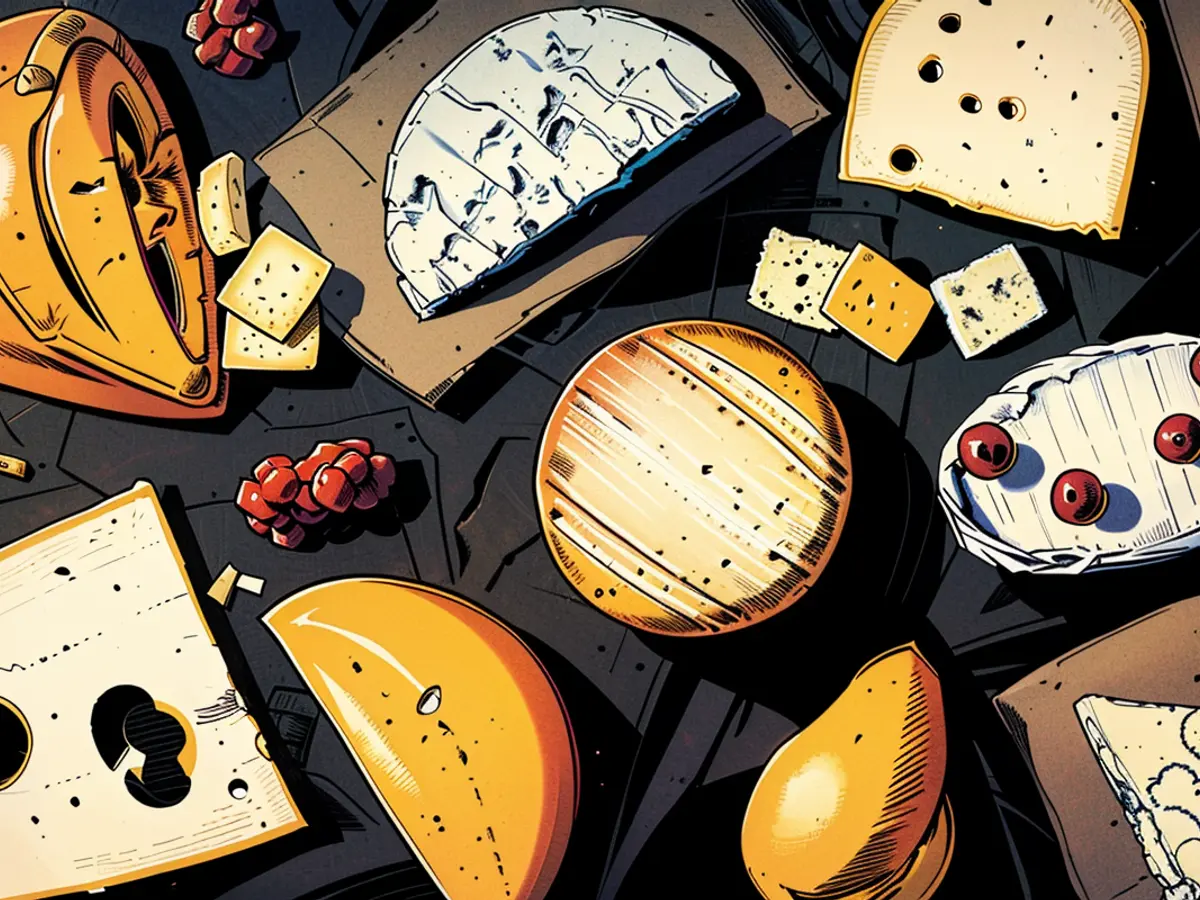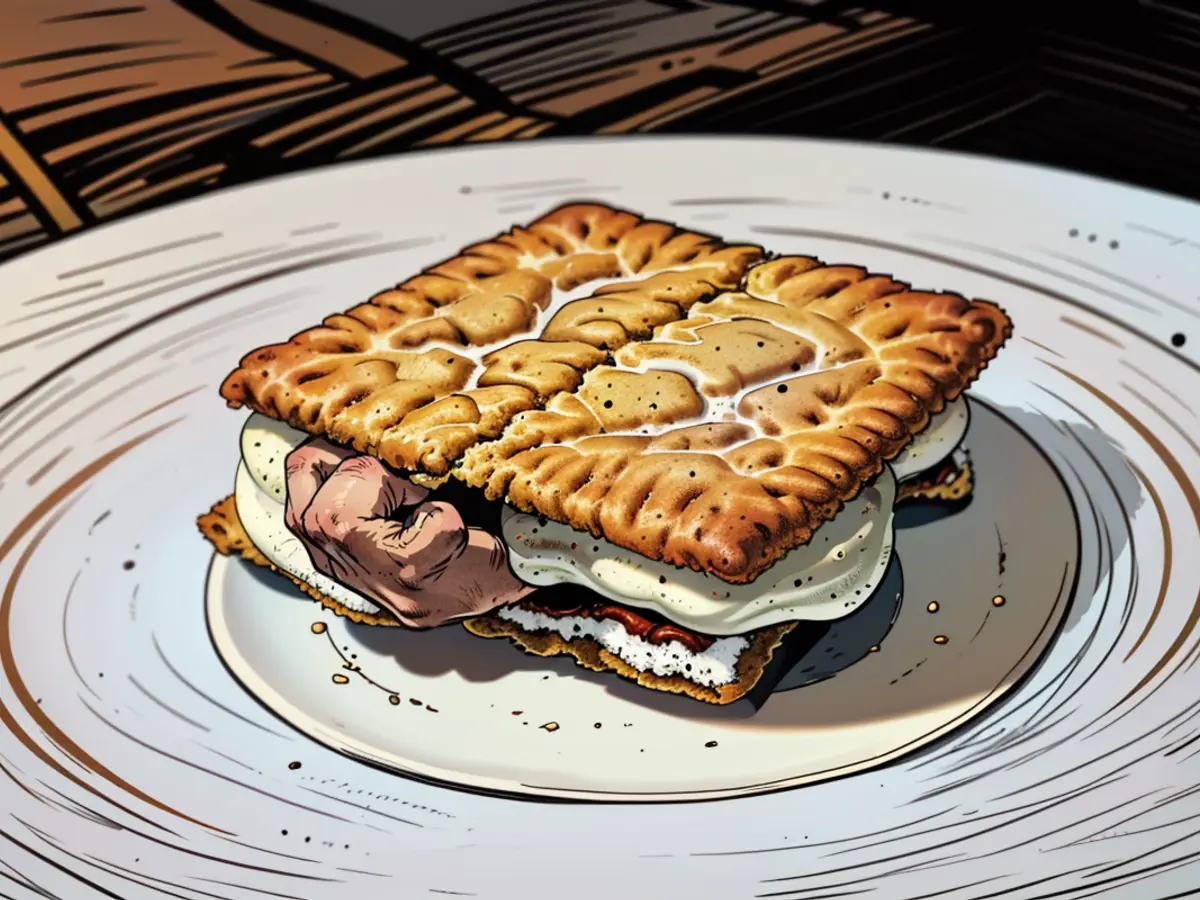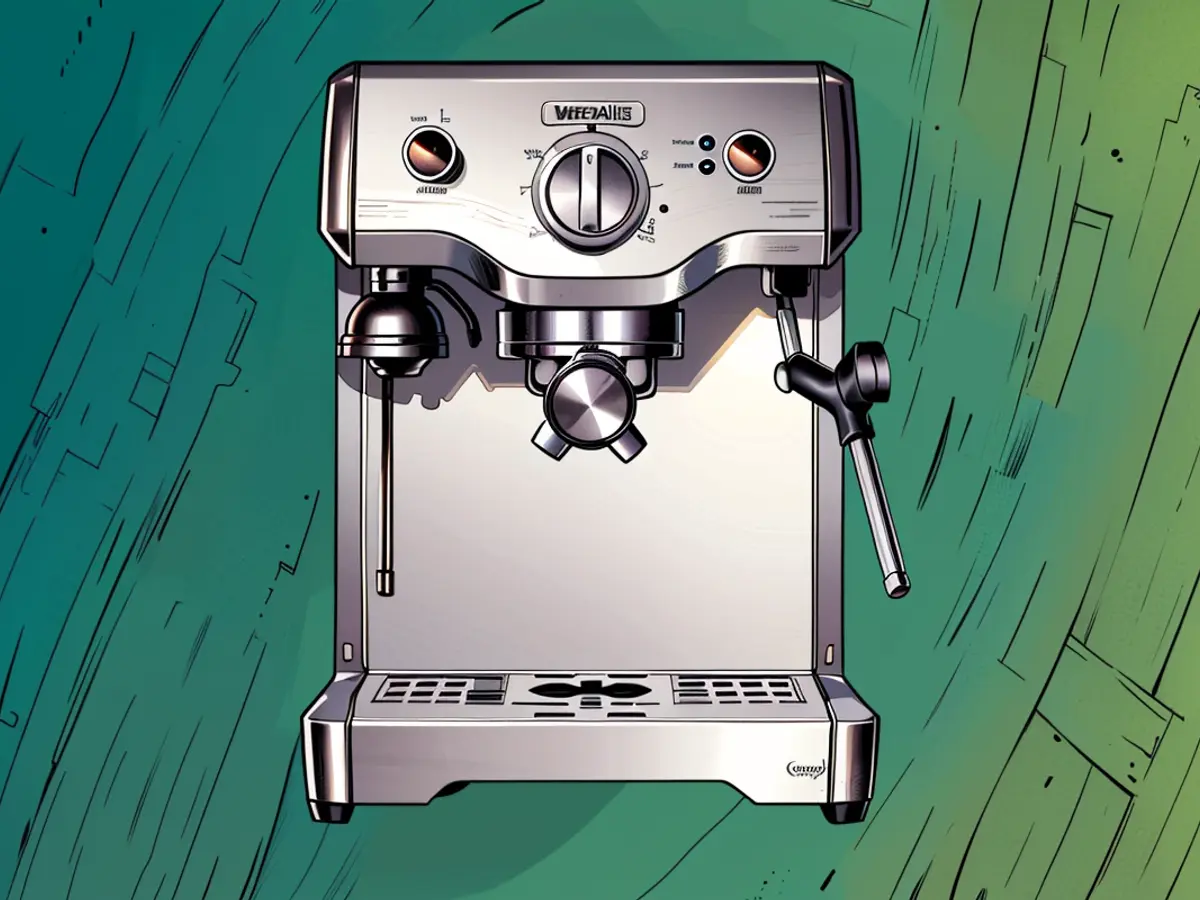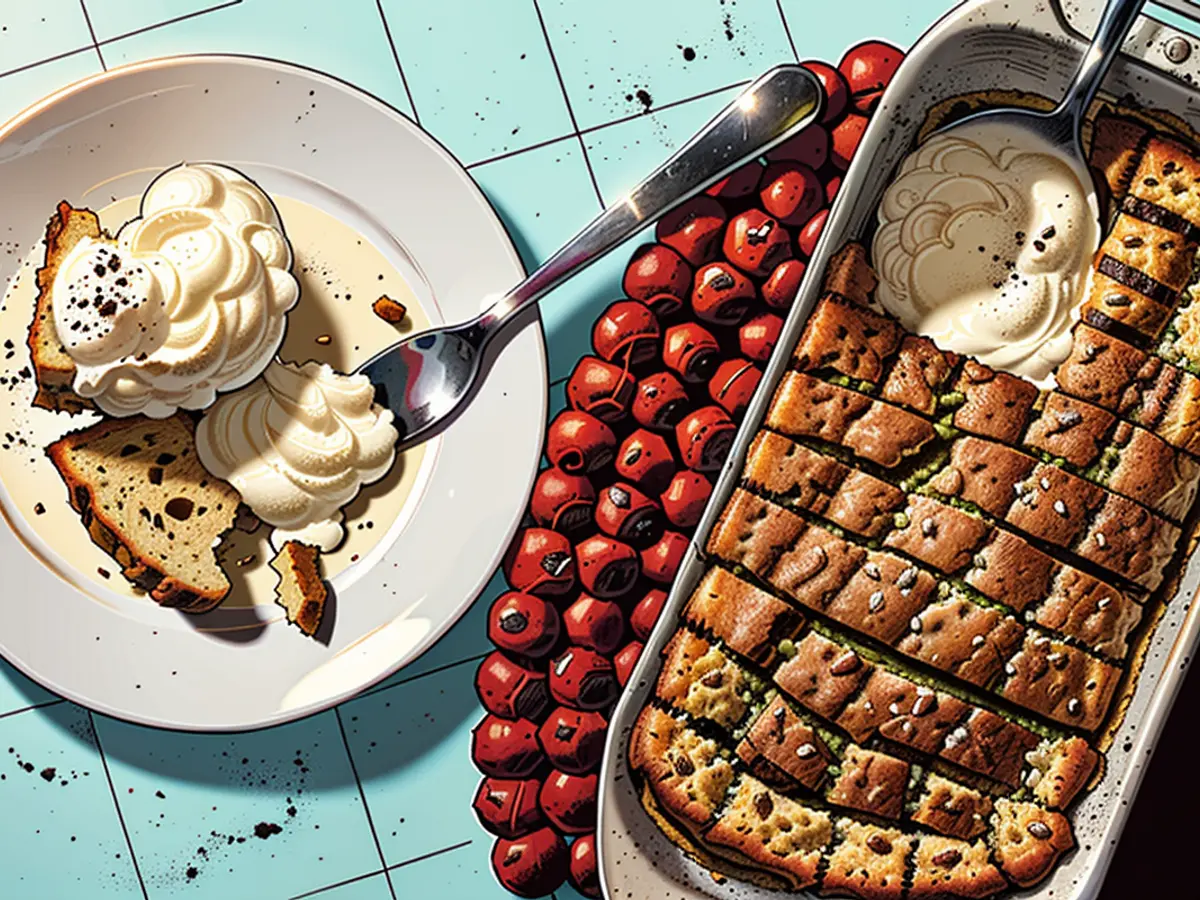Which Cheeses to Freeze and Which to Avoid
To reduce food waste in my kitchen, freezing is one of my go-to methods. It's a handy tool that can preserve various items that might otherwise go bad in the counter or fridge. While you might be familiar with extending the life of meats and bread, don't forget about cheese - the third component in this holy trinity. But not all cheese freezes well; here's a guide on which types you can freeze and which you'll need to eat faster.
Understanding the Science of Freezing Cheese
Freezing dairy can be tricky, mainly because of the thawing process. However, if you need to store dairy items for an extended period, the freezer is a feasible solution for selected cheese types. Dairy products, such as cheese, milk, sour cream, or yogurt, are emulsions of fat, water, protein, and acid. The amount of water in these products determines their consistency - liquid, semi-solid, semi-firm, or firm.
When you freeze any liquid, water will expand as it turns into ice. This expansion and freeze process can change how the different elements in your cheese mixture interact. The proteins and fats in the emulsion may be pushed away by the expanding water droplets, causing separation in the thawing process. The water returns to its liquid state again, but the proteins and fats are now in a different position, and this can alter the cheese's original texture and flavor.
Frozen Cheese: What Works and What Doesn't

To freeze dairy successfully, you need to consider its moisture content. Low-water-content cheese can undergo the freeze-thaw process without significant changes to texture or taste. Some examples include hard, aged cheeses like parmesan, manchego, Iberico, and sharp cheddar.
Cheeses with a higher water content, such as soft and spreadable ones like brie, camembert, burrata, or blue cheese, will likely separate in the freezer. This can lead to a grainy or broken texture and altered flavor after thawing. However, you can still freeze certain unexpected types of cheese, such as shredded options. Shredded cheddar, provolone, or mozzarella will maintain their quality in the freezer. Low-moisture blocks of mozzarella also work well.
To defrost your frozen cheese, store it in the fridge overnight. Then, it's ready for slicing and use. For shredded cheeses, you can use them straight from the freezer and sprinkle them into dishes for immediate melting.
Upgrade your frozen cheese game with a chest freezer like the Insignia 7.0 cu. ft. model. With a larger capacity, you can preserve more cheese and keep it fresh for longer. If you love recipes that call for aged or solid cheeses, investing in a chest freezer is a convenient choice. On the other hand, soft, spreadable cheeses should be eaten before they reach this freezing point.

$199.99at Best Buy$249.99Save $50.00
Read also:
Can I freeze soft cheeses like brie and camembert to reduce food waste, considering their shorter shelf life in the fridge? While freezing may help preserve these cheeses, their high water content might cause separation and alter their texture and flavor during the freeze-thaw process. Instead, it's recommended to consume soft cheeses fresh or within their recommended storage periods. On the other hand, food-drink options like hard, aged cheeses such as parmesan, manchego, or sharp cheddar freeze well without significant changes to their texture and taste due to their lower water content.








